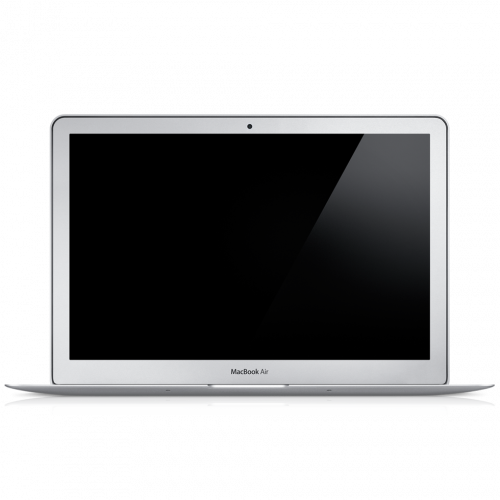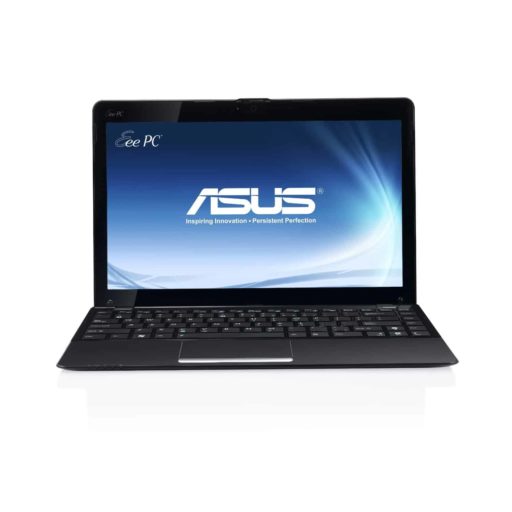Apple’s upcoming refresh of the MacBook Air will get more than just new Intel processors and also referred to as solid-state drives or SSDs in the upcoming MacBook Air will use a technology called Toggle Mode Double Data Rate NAND Flash 2.0 (Toggle DDR 2.0). DDR 2.0 provides a tenfold increase over the 40Mbps Single Data Rate (SDR) NAND flash in widespread use today and there is only one supplier of 19nm NAND, the smallest process in the world, and that is Toshiba with a 64Gbit, 2-bit multi-level cell (MLC) chip announced in April. Such a configuration would see a significant improvement in speed and the new computers are set to launch on the same day as the Lion operating system update…………
The latest rumor comes from Japanese website Macotakara which claims that Apple will be adopting a new Toggle DDR 2.0 type of NAND Flash Memory in the new MacBook Air. According to a person with an Asian electronics component company, the new technology will replace the Blade X-gale, SATA 2.6 SSD found in the current (second-generation) MacBook Air models. The report claims that the new 19nm flash memory will be packaged into smaller chip and will be soldered on base circuit directly. Translation: no end-user upgrades. Apple took the first step in this direction with the second-gen MacBook Air by soldering the RAM directly onto the motherboard. This gives potential buyers a important decision to make at purchase time, as the RAM can’t be upgraded down the road. AppleInsider reports that current (second-gen) MacBook Air SSDs were provided by Toshiba and later, Samsung. The Sammy mechanism boosted read times from 210MBps to 261MBps, and write times from 176MBps to 209MBps. While the new Toggle DDR NAND Flash is faster than the current crop of SSD’s (up to 400MBps).
If Apple solders the flash memory on its new MacBook Air to the motherboard it needs to offer it in sizes larger than 64, 128 and 256GB. Third-parties (like OWC) already offer replacement SSD’s for the current MacBook Air that go as high as 480GB and while expensive (480GB = $1399), the larger option is a boon to professional users. Larry O’Connor, Founder & CEO, Other World Computing calls the move disappointing:
We feel consumers have the most to lose with this potential design as they will have no practical drive upgrade or future replacement options. It’s not really eliminating the drive as might be implied – it’s simply that Apple is now fully integrating it onto the motherboard. That development will be disappointing to us as we’d love to offer a 2nd Generation 6G SSD based on the design we used for the 2011 MacBook Airs…and this 6G SSD would give these new MacBook Air sustained data rates in excess of 500MB/s.
While Apple will do what’s best for Apple, most of Apple’s customers today are very satisfied with their computers and iOS devices. What we took for granted just a few years ago in terms of upgrade and self-servicing, more and more today is forgotten or was not recognized for what it offered in terms of product longevity. A change like this would be right in line with Apple’s ongoing trend to promote buy and replace cycles with non-expandable/serviceable (at the enduser level) products.
iFixIt CEO Kyle Wiens thinks that we should demand upgradeable hardware:
This is part of a larger trend: Apple is making a bet that users want to buy computers that are only useful for a year or two.
There’s no way I’d still be using my MacBook Pro if I was stuck with the storage that it came with! I would have been forced to upgrade to a new machine. Apple loves that! Their largest market is existing Mac owners—if they can get us to upgrade to a new machine rather than upgrading our existing computer, Apple wins.
This is already an issue with non-upgradeable RAM on the MacBook Air. There are a number of people that I would love to recommend buy the current Air—but I can’t, because I won’t recommend a computer that’s not upgradeable to 8 GB RAM.
Whether this works for Apple is up to us: we as users need to demand upgradeable hardware. If we don’t, then Apple won’t have any reason not to build accelerated obsolescence into every model.
[ttjad keyword=”mac”]



